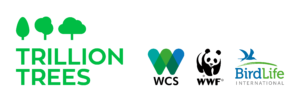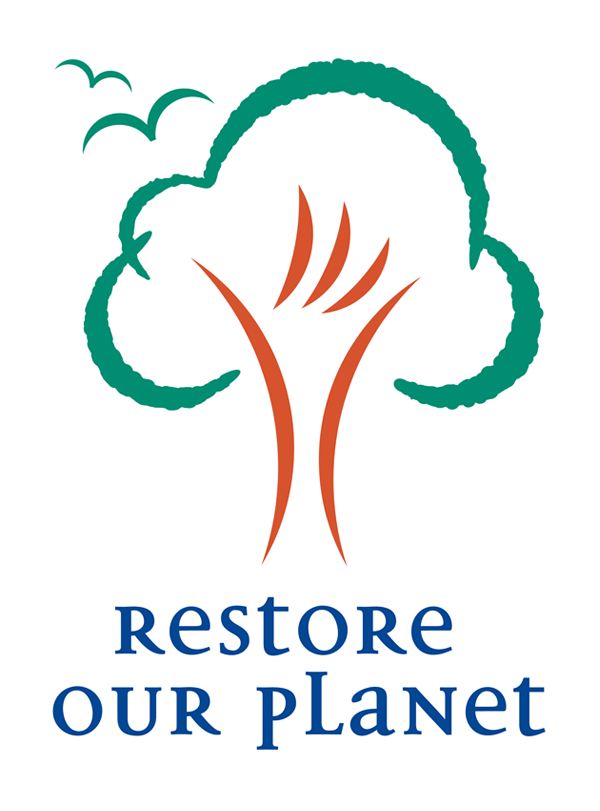Trillion Trees is an unprecedented collaboration between three of the world’s largest conservation organisations – WWF, BirdLife International, and the Wildlife Conservation Society – to help end deforestation and restore tree cover. Our partnership is founded on our commitment to a shared vision, and the belief that working together we can achieve more than we can individually.
Tree cover is an essential part of what makes Earth a healthy and prosperous home for people and wildlife, but the global stock has fallen – and continues to fall – dramatically. In fact, we are still losing 10 billion trees per year.
The consequences? More carbon emitted and less absorbed, dwindling freshwater stores, altered rainfall patterns, fewer nutrients to enrich soils, weakened resilience to extreme events and climate change, shrinking habitat for wildlife and other biodiversity, insufficient wood supply to meet rising demand, harsher local climates, and harder lives for more than one billion forest-dependent peoples across the world.
It doesn’t have to be this way. The two key steps that will reverse these trends – keeping existing trees standing, and restoring trees to the places they once grew – are within our capabilities.
Visit the Trillion Trees website

